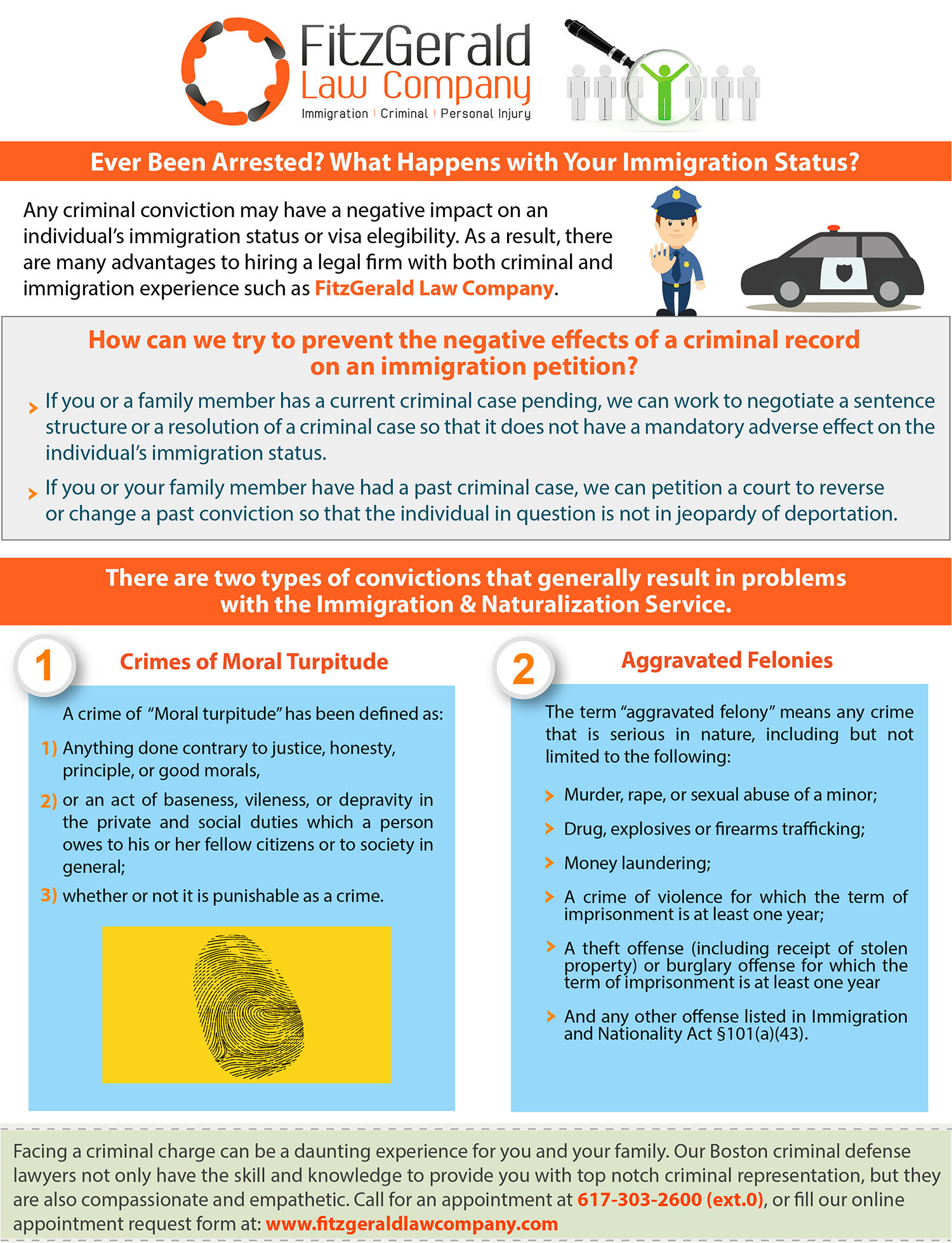The Rate Of Deception: A Financial Evaluation Of White Collar Criminal Activity'S Impacts
The Rate Of Deception: A Financial Evaluation Of White Collar Criminal Activity'S Impacts
Blog Article
Published By-Williams Bendix
Envision a pristine yard, meticulously supported over years, loaded with vivid flowers and lush greenery. Currently, photo a swarm of insidious bugs calmly infiltrating this place, gnawing away at the origins and petals, leaving behind a route of damage.
This metaphor aptly catches the price of clerical criminal offense, a stealthy menace that permeates our economy with ruining repercussions. As you step into this discussion, prepare to discover the hidden economic impact of white collar criminal activity and the significant consequences that linger long after the criminals have disappeared from the scene.
The Financial Toll of White Collar Crime
White collar crime exacts a hefty economic toll on individuals, companies, and the overall economic situation. It isn't just a victimless crime or a small hassle. The effects are far-reaching and terrible.
When people succumb to white collar crime, they usually lose their life savings, their homes, and their sense of security.
Businesses, on the other hand, endure massive economic losses as a result of fraud, embezzlement, and other forms of white collar criminal activity. These criminal activities cause decreased revenues, harmed online reputations, and also personal bankruptcy in many cases.
Additionally, the economic situation all at once endures as white collar criminal activity undermines count on the economic system, minimizes consumer confidence, and obstructs economic development.
The financial toll of white collar crime can't be undervalued, and it's vital that we take strong procedures to prevent and battle this sort of criminal task.
The Disintegration of Rely On Institutions
The erosion of trust in institutions issues of white collar criminal activity that has far-ranging effects for individuals and society. When clerical criminal offenses are dedicated by individuals in positions of power and authority, it undermines the depend on that people have in those organizations.
This disintegration of depend on can have a number of negative effects:
- ** Loss of belief in the justice system **: When people see those in powerful placements escaping clerical criminal activities, it can lead to a loss of faith in the justice system. https://raymondbmucl.wizzardsblog.com/28274426/disproving-misconceptions-bordering-criminal-legislation-experts may feel that there's a lack of liability for those who devote such criminal activities, which can deteriorate rely on the lawful system.
- ** Reduced self-confidence in financial institutions **: Clerical criminal activities often involve financial fraudulence and control. When individuals or organizations are condemned of such criminal activities, it can cause a decrease in confidence in banks. This can have an adverse impact on the economy as individuals might be reluctant to spend or rely on these establishments with their money.
- ** Weakening of social textile **: Count on establishments is an essential pillar of a working culture. When that depend on is eroded, it can cause a weakening of the social material. People might end up being a lot more negative and unconvinced of establishments, which can result in a malfunction in social cohesion and cooperation.
Long-Term Economic Consequences
Loss of trust in institutions because of clerical criminal activity can have long-lasting financial consequences.
When individuals and businesses lose faith in the integrity of establishments, they might end up being hesitant to invest or engage in economic tasks. This lack of trust can bring about a decrease in customer costs, as individuals become more careful with their money.
In addition, companies might be reluctant to form collaborations or enter into agreements, being afraid that they'll be capitalized on by dishonest people.
The long-term financial consequences of this loss of trust fund can consist of slower financial development, decreased job development, and lowered market competitiveness. It's critical for institutions to address clerical criminal offense and recover count on order to secure the long-lasting economic health and wellness of a country or region.
Conclusion
To conclude, the economic effect of clerical criminal offense is incredible, with consequences that reach far beyond just monetary losses. It wears down the trust we position in our institutions, leaving a space that's tough to fill up.
Like an unrelenting tornado, white collar criminal offense leaves a lasting mark on our economic climate, leaving us to grapple with its consequences for many years to come.
